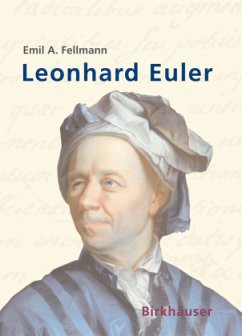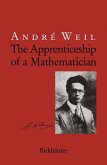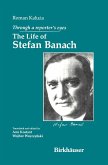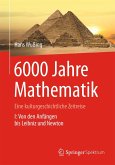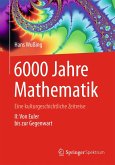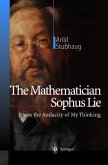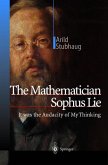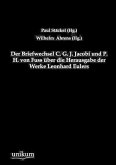Euler was not only by far the most productive mathematician in the history of mankind, but also one of the greatest scholars of all time. He attained, like only a few scholars, a degree of popularity and fame which may well be compared with that of Galilei, Newton, or Einstein.
Moreover he was a cosmopolitan in the truest sense of the word; he lived during his first twenty years in Basel, was active altogether for more than thirty years in Petersburg and for a quarter of a century in Berlin.
Leonhard Euler's unusually rich life and broadly diversified activity in the immediate vicinity of important personalities which have made history, may well justify an exposition.
This book is based in part on unpublished sources and comes right out of the current research on Euler. It is entirely free of formulae as it has been written for a broad audience with interests in the history of culture and science.
Moreover he was a cosmopolitan in the truest sense of the word; he lived during his first twenty years in Basel, was active altogether for more than thirty years in Petersburg and for a quarter of a century in Berlin.
Leonhard Euler's unusually rich life and broadly diversified activity in the immediate vicinity of important personalities which have made history, may well justify an exposition.
This book is based in part on unpublished sources and comes right out of the current research on Euler. It is entirely free of formulae as it has been written for a broad audience with interests in the history of culture and science.
This is the only biography of Leonhard Euler currently available in English, and it would be worth having for that reason alone. (...) The book is a good introductory biography of Euler, and it is handsomely produced, with nice paper and lots of illustrations. It is a welcome addition to the literature on Euler. Fellmann has chosen to make this a non-technical biography. There are no mathematical details and no formulas. Short accounts of Euler's work are included, but few details are given. Even then, the sections that go into Euler's work are marked with asterisks so that readers who are not willing to delve into specifics can skip them. With non-technical readers in mind, Fellmann privileges those aspects of Euler's work that are more accessible, so his music theory gets much more attention than his work on elliptic integrals and his lunar theory and optics more than the geometry or number theory. -MAA Reviews

